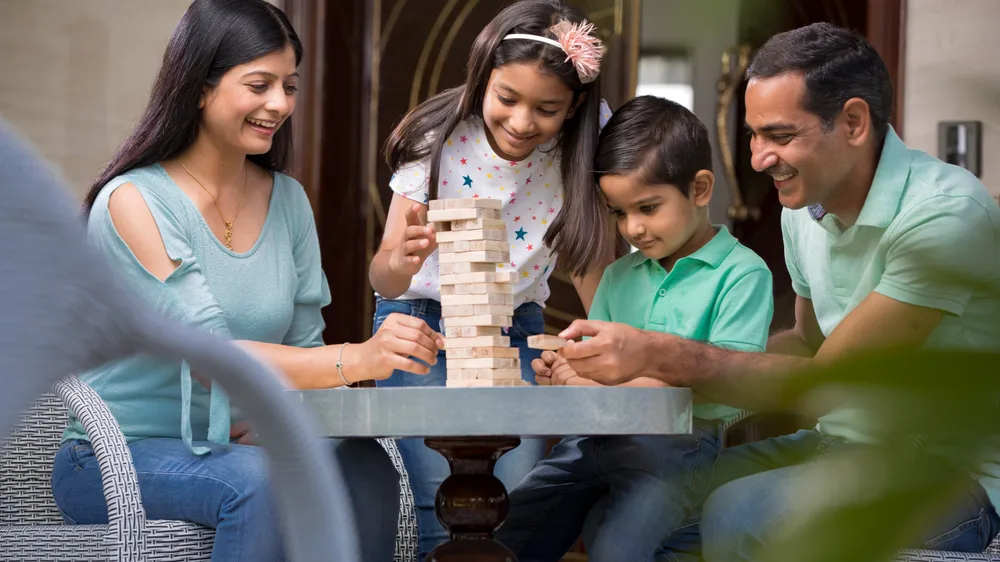
Game-Based Education Enhances Students’ Emotional Intelligence
With the growing emphasis on holistic education in India, teachers are incorporating game-based learning into their classrooms to better address students’ social and emotional needs. Through card games, board games, digital platforms, and role-play-based activities, students are encouraged to develop decision-making, problem-solving, and empathy skills.
Kartic Vaidhyanathan, founder of the initiative LetUsPlayToLearn, explains that tools like the ‘Growth Mindset’ card game, inspired by UNO, which is a popular card game, allow students to express and share their emotions freely without judgment. This creates a shared sense of vulnerability within the group, fostering a sense of empathy. Vaidhyanathan emphasizes that traditional rote learning has little impact on supporting students’ emotional development, whereas games naturally facilitate social-emotional learning by creating decision-making scenarios.
In India, their vision is to view games not as an alternative but as a parallel teaching strategy, enabling students to grow not only academically but also emotionally by learning more about themselves and one another.

